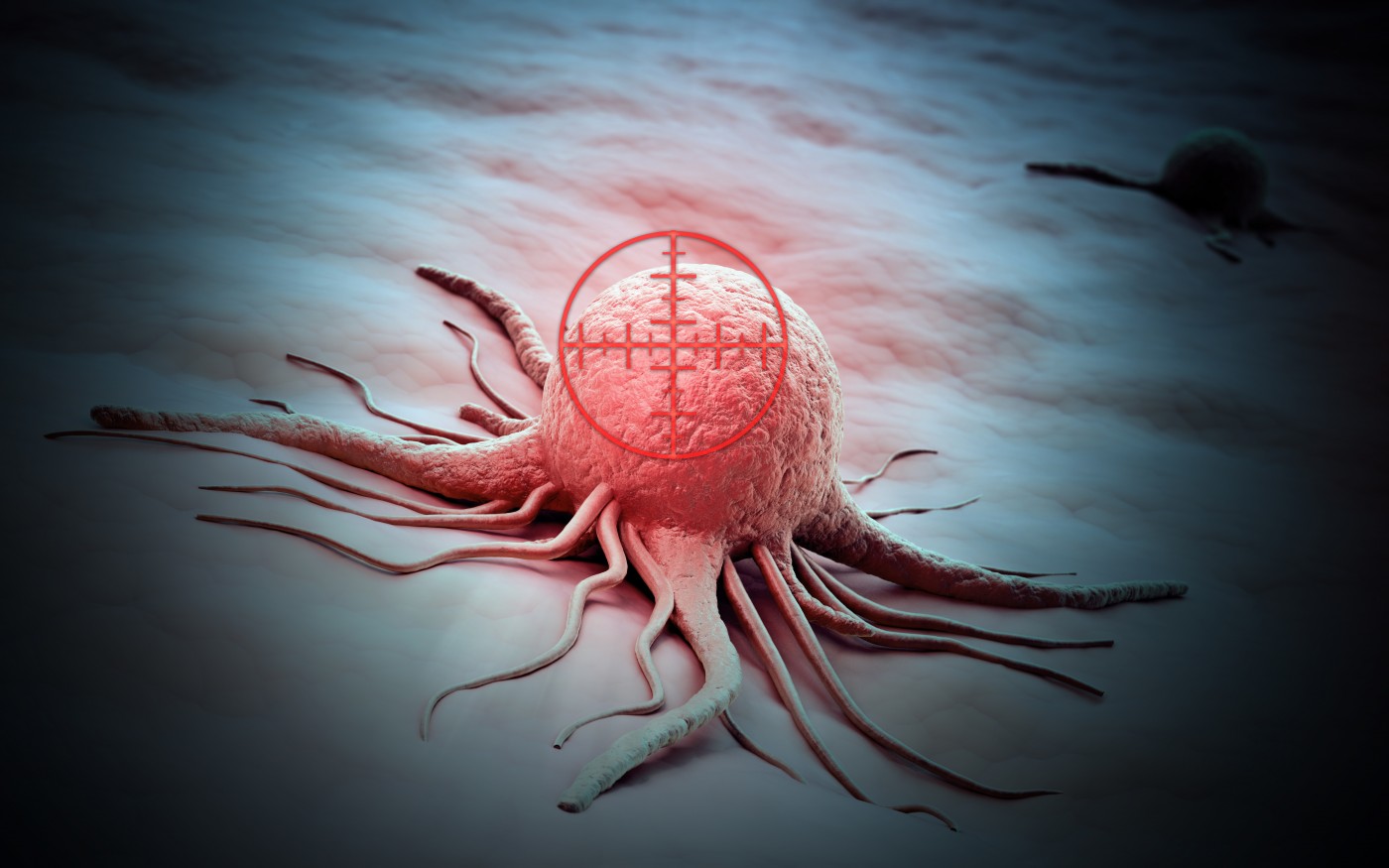Researchers have discovered that a key protein, ROBO1, is essential for the cellular response to extracellular matrix changes that occur as a consequence of breast cancer progression. Moreover, its upregulation acts as a protective mechanism to prevent cells from metastasizing to other tissues.
The study, “Loss of miR-203 regulates cell shape and matrix adhesion through ROBO1/Rac/FAK in response to stiffness,” was published in The Journal of Cell Biology.
Living cells are surrounded by an extracellular matrix, which changes as breast cancer progresses, leading to the stiffening of the microenvironment and surrounding tissues. Such events are also accompanied by activation of oncogenic signaling pathways. In response to such harmful mechanisms, mammary epithelial cells engage in protection mechanisms, which may include reorganization of their cytoskeleton and attachments to the cellular matrix.
Researchers investigated the ROBO family of signaling proteins in breast epithelial cells, which regulate the cytoskeleton, and found this pathway is an essential regulatory mechanism for cells to sense and respond to changes in their environment, namely to extracellular matrix stiffening. Moreover, they found that one member of this protein family, ROBO1, enhances cellular contractility and stimulates cell-matrix adhesions, which preserves cellular shape and location.
When their environment stiffens, breast cells downregulate miR-203 microRNA, which usually suppresses ROBO1. This suggests that elevating ROBO1 levels would protect against oncogenic processes. Deletion of ROBO1 in breast cancer cells caused them to become more invasive, suggesting that this protein plays a role in metastasis prevention. Previous research had shown that ROBO1 also prevents cell proliferation, indicating it delays tumor progression in different ways. Consistent with such results, patients whose breast cancer tumors had low miR-203/high ROBO1 expression were found to have a better overall survival prognosis.
“These studies show that cells subjected to stiffened environments up-regulate Robo1 as a protective mechanism that maintains cell shape and facilitates ECM adherence,” the team concluded. Future plans include studies in animal models and humans to determine if ROBO1 can indeed counteract the pro-tumorigenic effects of tissue stiffening.

